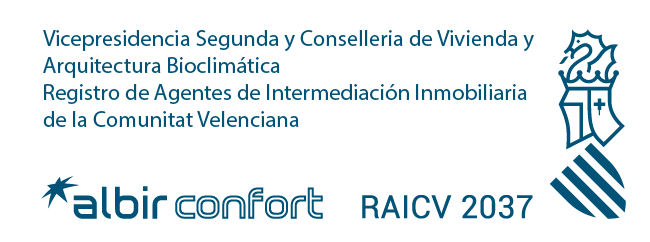To mark World Tourism Day, the Carabineros Environmental Education Centre in l’Alfàs del Pi hosted the event “Innovation and Sustainability for Tourism Competitiveness”, where the results of a joint research project by the University of Alicante and the University of Alcalá were presented. The study was funded by the Ministry of Industry, Trade and Tourism with Next Generation EU funds.
The session addressed various issues such as the impact of digitalization on tourism competitiveness, the need to improve the quality of tourism-related employment, the role of public administrations in driving the sector forward, and the growing phenomenon of tourism-phobia.
In this regard, Teresa Torregrosa, professor in the Department of Applied Economic Analysis at the University of Alicante, emphasized the importance of preventing tourism from being perceived as a threat, as many Spanish municipalities rely heavily on this industry. “Tourist destinations must learn to balance the needs of arriving tourists with those of the local residents. This coexistence is not always easy from a social, economic, or environmental perspective. Our research aims to explore how these three pillars can coexist to create sustainable tourism that endures over time. It’s not about exhausting a model, but adapting it to modern times,” she stated.
She added, “Good management is key. We cannot impose an economic model on residents if they disagree with it. Striking a balance between encouraging residents to welcome tourism as an economic driver, and ensuring tourists feel accepted is delicate—but essential—because ultimately, everyone benefits.”
María Jesús Such, professor of Applied Economics at the University of Alcalá, highlighted the need to reflect on the tourism model from a sustainability standpoint—environmentally and socially. “When tourism workers are unable to live near or in the destinations where they work—even seasonally—that should raise serious concerns. We are seeing this in some regions, and it clearly points to an unsustainable model,” she said.
One of the key findings of the study calls for all stakeholders in the tourism sector to come together to address the industry’s vulnerabilities, including precarious employment, the gender pay gap, and resident-tourist tensions exacerbated by the rapid rise of short-term holiday rental platforms.
The event also featured a roundtable with Josep Ivars Baidal, Director of the University Institute of Tourism Research at the University of Alicante; Rubén Garrido Yserte, Director of the University Institute for Economic and Social Analysis at the University of Alcalá; María Jesús Such Devesa, professor of Applied Economics at the University of Alcalá; and Luis Morant Aparisi, Councillor for Tourism, Environment, and Beaches at the Alfaz Town Hall.
The activity was part of the World Tourism Day programme, held in collaboration with the Alfaz Town Hall. Mayte García, Councillor for the Presidency of l’Alfàs, highlighted “the importance of hosting this event in our town, where we discussed the tourism model and topics such as innovation and sustainability. We hope the conclusions can be applied in tourism municipalities like l’Alfàs del Pi, which has always prioritized sustainability and tourism competitiveness.”



